7 Reasons Why You Should Visit This Authentic Underrated City In Italy
6 min readItaly is indisputably one of the most popular tourist destinations in the world. Home to numerous iconic landmarks, including Rome's ancient Colosseum, the UNESCO-listed canals of Venice, and the leaning Tower of Pisa to name a few, it attracts tens of millions of visitors every year. Nonetheless, this authentic cultural city continues to be bypassed …
The post 7 Reasons Why You Should Visit This Authentic Underrated City In Italy appeared first on Travel Off Path.
Last Updated 59 seconds ago
Italy is indisputably one of the most popular tourist destinations in the world.
Home to numerous iconic landmarks, including Rome’s ancient Colosseum, the UNESCO-listed canals of Venice, and the leaning Tower of Pisa to name a few, it attracts tens of millions of visitors every year.
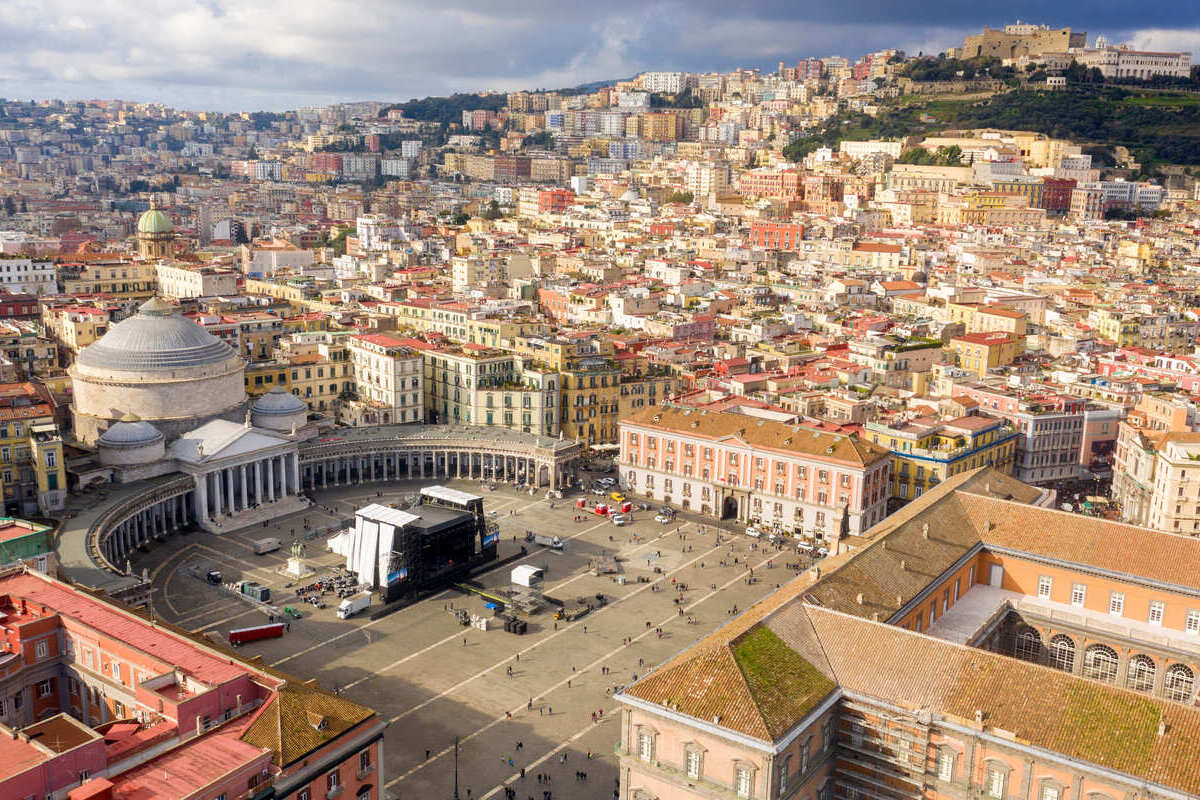

Nonetheless, this authentic cultural city continues to be bypassed by visitors due to its proximity to the trendy Amalfi Coast, which typically captures nearly all tourism revenue in the region.
Here are 7 reasons why you should visit criminally-underrated Naples in 2024:
It Is One Of The Most Culturally-Charged Cities In Europe
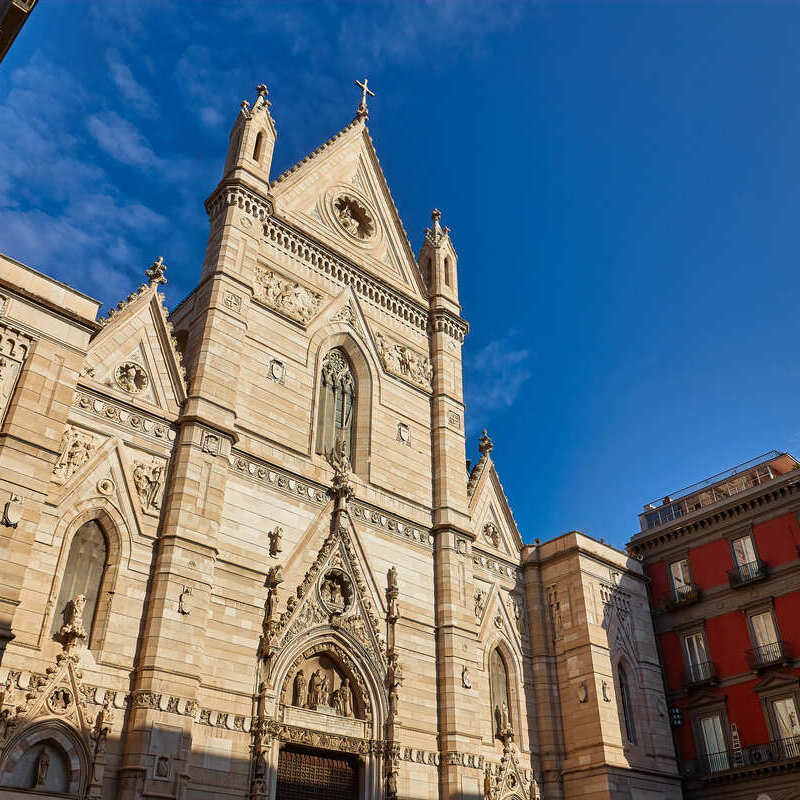

First and foremost, we must reiterate that Naples is simply the third-largest city in Italy and its largest coastal metropolis.
Needless to say, there is no shortage of fascinating landmarks scattered around its historic center—and beyond, even.
This is one of Europe’s oldest cities, with a recorded history dating back as early as the second millennium BC, and from the monumental fortresses to the underground maze of Roman catacombs to the ornate chapels, there’s a hidden gem to be discovered in every corner.
When exploring this UNESCO-listed city, make sure to add the historic Piazza del Plebiscito, flanked by the majestic Royal Palace and a colonnaded basilica, the 13th-century Castel Nuovo, and the medieval Naples Cathedral to your list of places to visit.
It’s Not Your Average Open-Air Museum
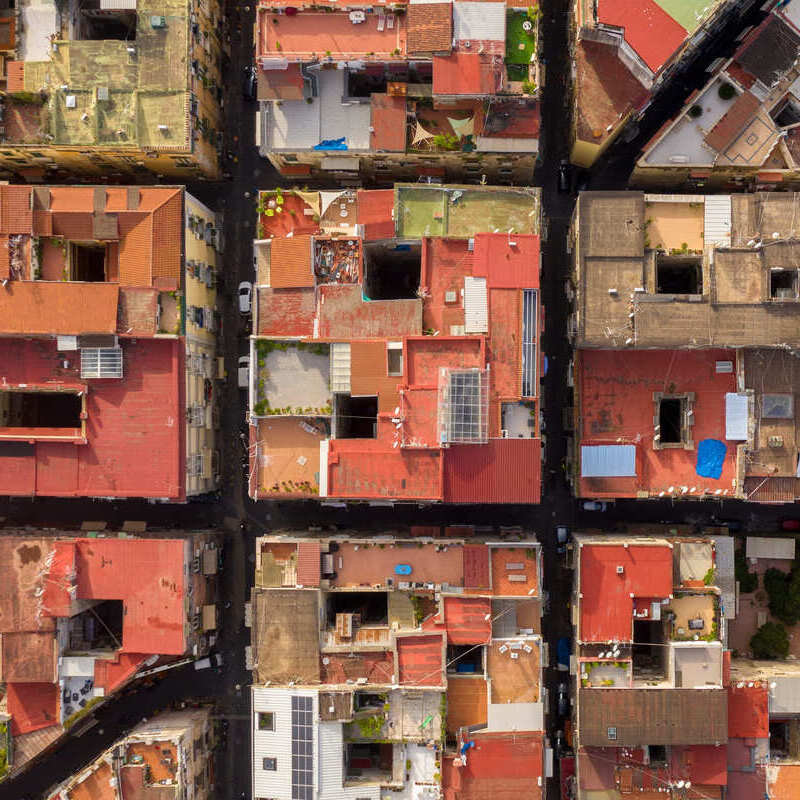

Naples has developed a reputation for being grittier than your average Italian city.
It certainly looks less ‘polished’ and glamorous than the touristy parts of Rome, Florence, or Venice, but this is exactly why it is unique and why it shouldn’t be so easily scrapped from your itinerary.
It feels distinctly Italian, or more specificially, Southern Italian: this is far from being another open-air museum for Ancient History-aficionados, and though there are plenty of cultural sites listed, it is still somewhere Neapolitans actually live, work, and socialize.
In sum, Naples is a sprawling metropolis with a big heart, but it won’t bow to a visitor’s every whim: locals are likely to not be proficient in English, Old Naples is not your typical postcard-ready, colorful Mediterranean port, and not everything revolves around tourism.
It’s Full Of Character
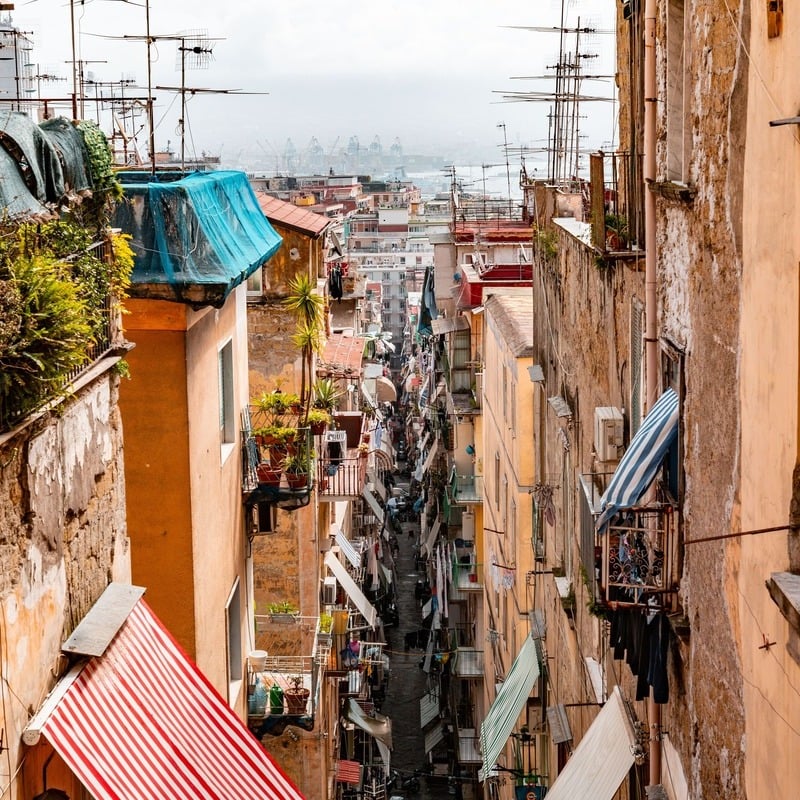

While it’s true certain neighborhoods in Naples look less clean and, to some, less beautiful than your typical Italian tourist hotspot, how spotless or aesthetically pleasing do you expect an ancient maze of winding alleys approaching a 3,000-year-anniversary to be?
Where tourists are likely to see ruined buildings and underdevelopment, however, travelers will find a city full of character instead, with streets so narrow clothes are hung out to dry between opposite houses, hidden bookshops-turned-bar in the evenings, and local pasticcerie.
In all honesty, yes, it is overwhelming at first, but it only takes a couple of days exploring a vibrant Quartieri Spagnoli or watching high-spirited Neapolitans go about their daily affairs, rarely, if ever, registering the presence of Amalfi-bound Americans to fall in love with the organized chaos.
A Gastronomy Mecca
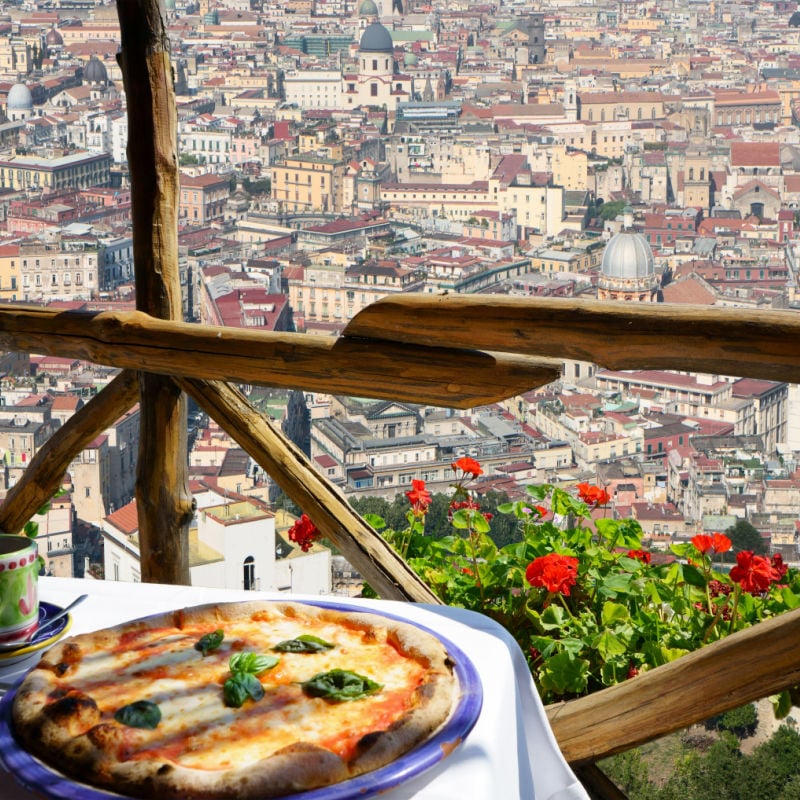

Other than being considered Rome’s edgier southern sister, Naples is a gastronomy mecca of the first order, being the birthplace of pizza, caprese salad, buffalo mozzarella, and other world-famous foods you’re likely to have grown up loving, yet didn’t know originated here.
Whether you’re actively looking for MICHELIN-star restaurants, or you feel your happiest sightseeing while grabbing street snacks to go, Naples and its varied selection of fine-dining eateries, street markets, and family-owned, rustic trattorie will simply blow your expectations.
You can’t go wrong with a classic, and it’s no wonder Naples’ signature Neapolitan pizza, most commonly made with San Marzano tomatoes and mozzarella cheese, is officially the fourth-best dish in the world (there’s no way you’re leaving the aptly-nicknamed ‘City of the Sun’ without trying it).
Naples Has Perfect Weather
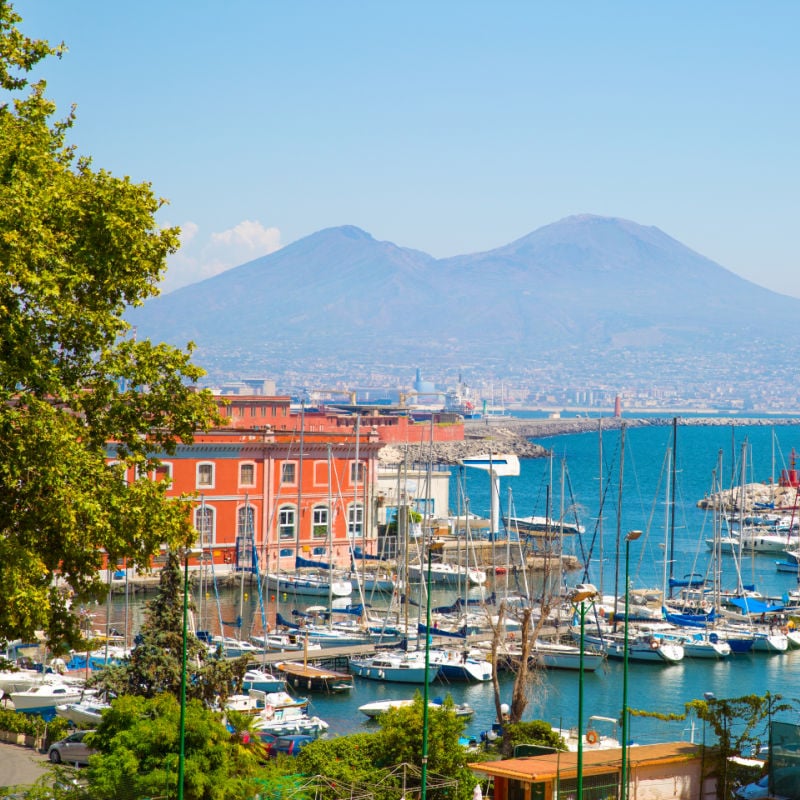

This leads us straight to point number five: Naples is perfect for sightseeing regardless of season, as it is located so far south the Italian peninsula the weather remains pleasant year-round, unlike Milan, Turin or Bologna, where freezing temperatures are common.
Naples’s current temperature is a pleasant 79°F, and it will only get warmer as we approach summer, before a scorching 100°F (or higher) is recorded; if we may offer a suggestion, March to May is the best period to be in Naples.
Days are long and sunny, with limited rainfall expected, there are no heatwaves, and you’ll find it is less busy as the vast majority of tourists heading to the south of Italy – more specifically, the neighboring Amalfi Coast – will be doing so from June onward.
The Gateway To Beautiful Campania
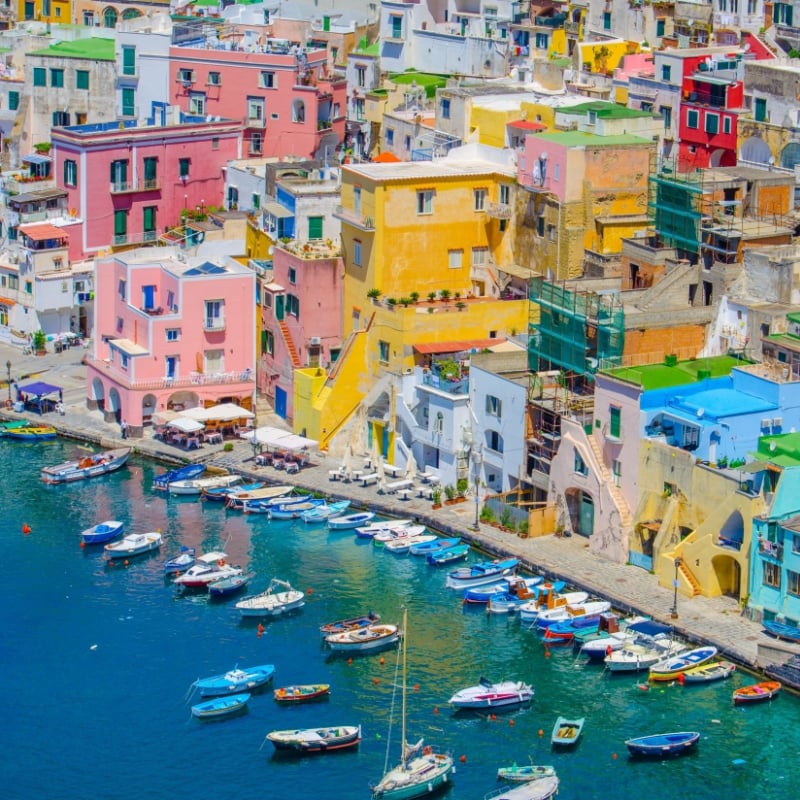

Of course, no visit to Naples would be complete without adding a day tour to one of the many points of interest around the wider region of Campania, and if you’re staying longer than three days, we would highly recommend you pay a short visit to either one of these spots:
- The Amalfi Coast: where your Italian dolce vita dreams will materialize, riding vespas down a beautiful, rugged stretch of coastline interspersed with charming hillside villages and eating lemon gelato as the sun sets over the Mediterranean.
- Capri: an island easily distinguished for its jagged peaks and pebbly beaches, which can be seen from the mainland in Sorrento, and an upscale leisure destination home to small-scale, chic hotels where you can escape the Amalfi crowds.
- Pompeii and Herculaneum: these formerly-bustling Mediterranean towns were buried under volcanic ash following a devastating eruption in the 1st century AD, and with their preserved villas and temples, offer a glimpse into life in an ancient Roman city in the 1st century AD.
Naples Is Safer Than The Media Portrays
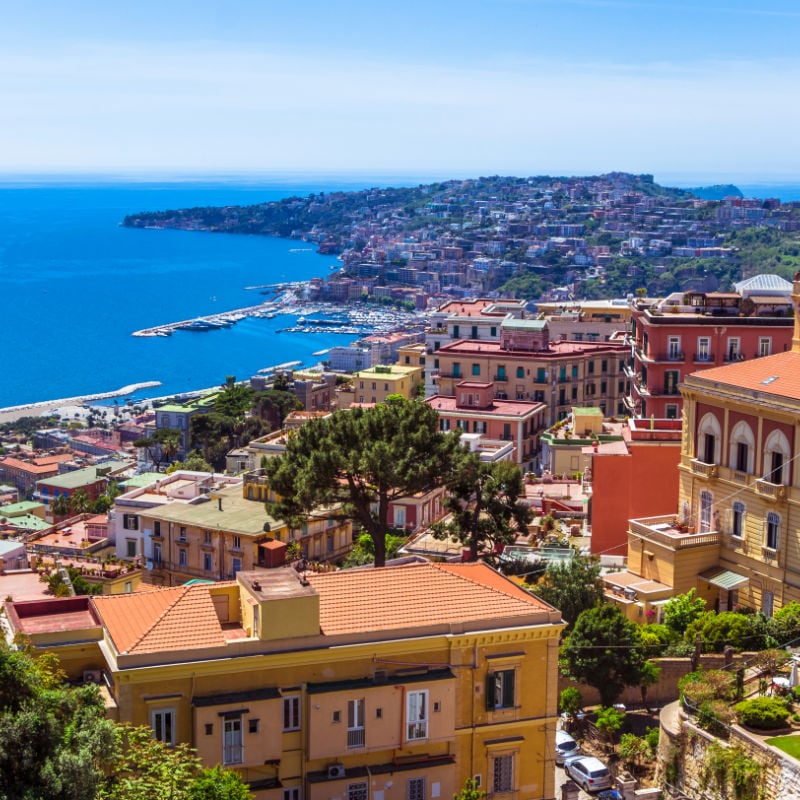

It only takes a quick search on Google to pull up numerous articles describing Naples as unsafe and dangerous for tourists.
There may be some truth to those statements, but there are also a lot of overstated risks and fearmongering.
Crime is slightly higher than in other Italian, but Naples remains a fairly safe destination for a cosmopolitan hub of its size: on Numbeo’s World Crime Index, it ranks as the 95th most-dangerous city in the world, only 15 slots above Rome, at 110.
Additionally, Statistica reports there are 3,500 crimes per 100,000 inhabitants, including all crime, from the petty type to full-blown violence, which is unlikely to affect tourists and is mostly restricted to mafia wars in peripheral districts.
At the end of the day, urban issues are bound to be more noticeable in Naples, which has a population of 3 million, than in smaller towns. Like any other big city, Naples has do’s and don’ts tourists must adhere to protect themselves, and their primary concern remains being pickpocketed.
Beginning May 23, Delta Air Lines will launch nonstop flights from New York (JFK) to Naples for the first time, proving there is growing demand for South Italy vacations among American travelers.
Learn more about the new service, and starting planning your trip here.
↓ Join Our Community ↓
The Travel Off Path Community FB group has all the latest travel news, conversations, and Q&A’s happening daily!


SUBSCRIBE TO OUR LATEST POSTS
Enter your email address to subscribe to Travel Off Path’s latest breaking travel news, straight to your inbox.
This article originally appeared on TravelOffPath.com
Opinions expressed here are the author’s alone, not those of any bank, credit card issuer, hotel, airline, or other entity. This content has not been reviewed, approved or otherwise endorsed by any of the entities included within the post.



